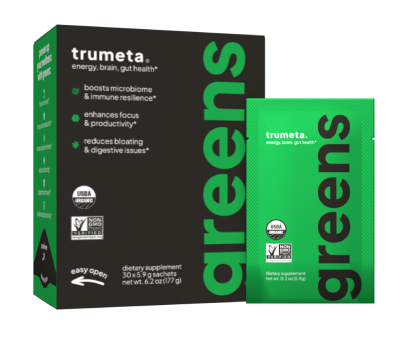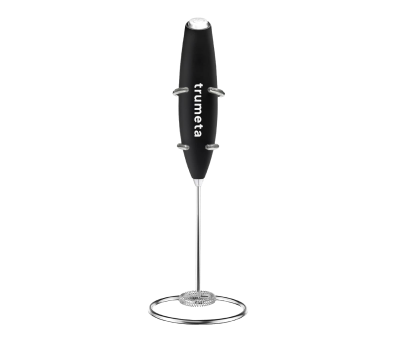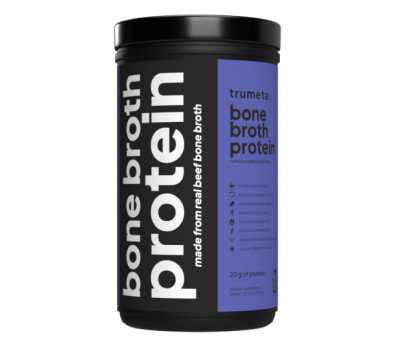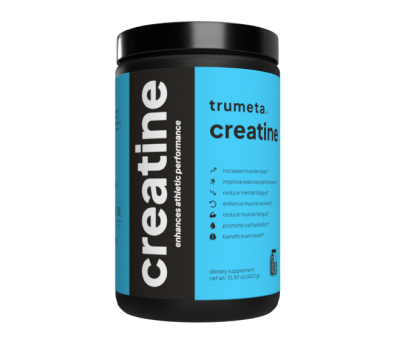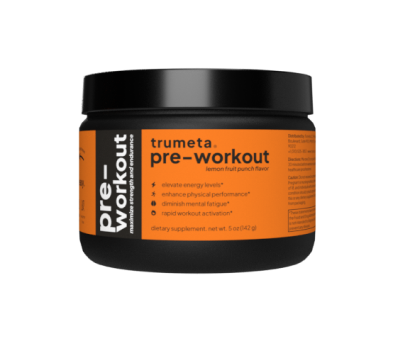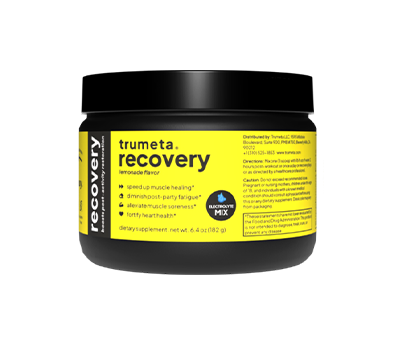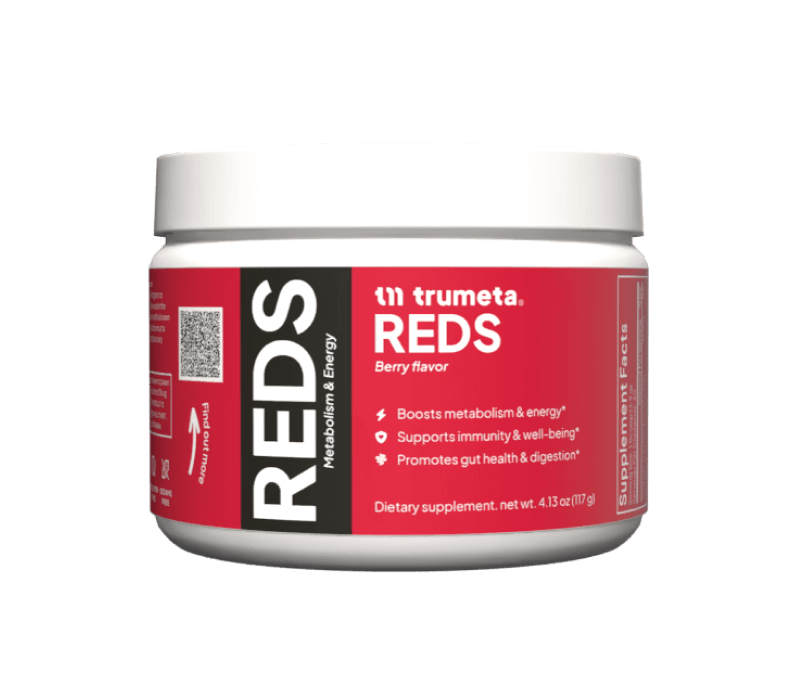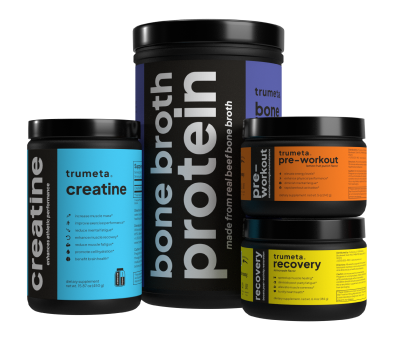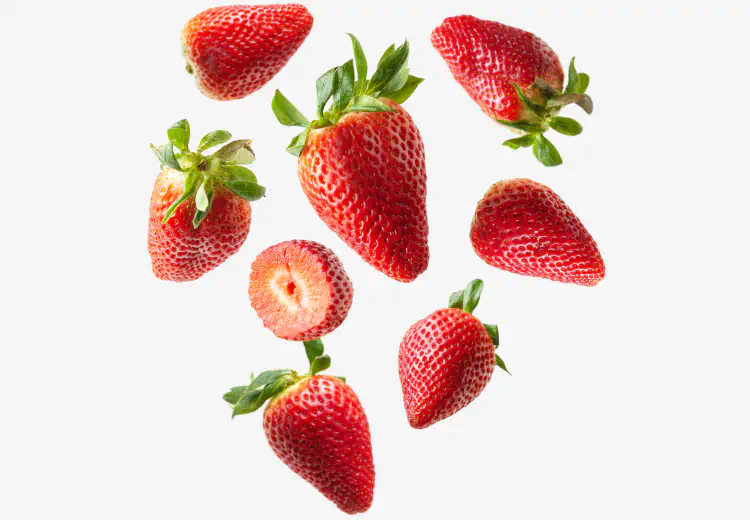


Organic Strawberries:
Nutritional Benefits & Uses
Juicy, sweet, and bursting with flavor, organic strawberries are a delicious way to support your health. Unlike conventionally grown berries, organic strawberries are cultivated without synthetic pesticides or chemical fertilizers, making them a cleaner choice for both you and the environment. These vibrant red gems are packed with essential nutrients, antioxidants, and plant compounds that promote overall well-being.
From adding a refreshing twist to smoothies to enhancing your favorite desserts, organic strawberries offer versatility in the kitchen. But beyond their irresistible taste, these berries contain key vitamins and minerals that help maintain skin vitality, digestion, and immune function. Whether you enjoy them fresh, frozen, or blended, organic strawberry is a nutrient-dense fruit worth savoring.
Pros of Organic Strawberries
Organic strawberries are a powerhouse of nutrition, offering a range of health benefits without the exposure to synthetic pesticides. Grown using sustainable farming methods, they provide a cleaner and more natural way to enjoy this vibrant fruit.
Boosts Immune System
One of the biggest pros of organic strawberries is their high vitamin C content. This essential nutrient plays a crucial role in supporting immune function, helping the body stay strong against common illnesses. Just one cup of fresh strawberries provides more than 100% of your daily vitamin C needs, making them a tasty and effective way to promote immune health.
High in Antioxidants
Organic strawberries are loaded with antioxidants like anthocyanins, quercetin, and ellagic acid. These powerful plant compounds help neutralize free radicals and reduce oxidative stress. Choosing frozen strawberries organic ensures you’re getting these benefits year-round while maintaining the fruit’s natural flavor and nutrient profile.
Supports Heart Health
Rich in fiber and potassium, organic strawberries may contribute to cardiovascular wellness. Fiber helps maintain digestion, while potassium plays a role in regulating blood flow. Snacking on fresh strawberries or adding organic dried strawberries to your meals can be a delicious way to support heart health.
Enhances Skin Health
The vitamin C in organic strawberries promotes collagen production, which helps keep the skin firm and hydrated. Whether eaten fresh or blended into a face mask, these berries support a radiant complexion naturally.
Aids in Weight Management
Low in calories and high in fiber, organic strawberries help you feel full longer, making them an excellent choice for those looking to maintain a healthy weight. Enjoy them as a snack, in smoothies, or as a topping for yogurt to add natural sweetness without excess calories.
Forge Your Victory
Key nutrients
Organic strawberries pack an impressive nutritional punch despite their small size. These vibrant berries contain a remarkable array of vitamins, minerals, and plant compounds that contribute to their health-supporting properties.
Vitamin C
Organic strawberries rank among the top sources of vitamin C, with just one cup providing approximately 97% of the recommended daily intake. This essential nutrient plays multiple roles in the body, supporting immune function and acting as a powerful antioxidant.
The vitamin C in strawberries also helps your body absorb iron from plant sources and supports the production of collagen for healthy skin, joints, and connective tissues.
Fiber
With about 3 grams of fiber per cup, organic strawberries contribute significantly to your daily fiber needs. This includes both soluble and insoluble fiber, which work together to support digestive health.
The fiber in strawberries helps maintain regular bowel movements, feeds beneficial gut bacteria, and creates a feeling of fullness that may help with appetite control.
Antioxidants
Organic strawberry plants contain an impressive variety of antioxidants, including anthocyanins (which give them their red color), quercetin, kaempferol, and ellagic acid. These compounds help protect cells from damage caused by unstable molecules.
Research suggests that organic cultivation may enhance the berry's antioxidant content, potentially making organic varieties even more beneficial than conventionally grown strawberries.
Potassium
Each serving of organic strawberries powder provides a good amount of potassium, an essential mineral that supports muscle function, nerve signaling, and fluid balance in the body. This electrolyte plays a crucial role in maintaining healthy blood pressure levels and proper cardiovascular function.
Folate
Organic strawberries provide folate (vitamin B9), which is particularly important for cell division and DNA synthesis. This B vitamin supports various bodily functions and is especially important during periods of rapid growth. A cup of fresh strawberries contains approximately 40 micrograms of folate, making them a tasty way to incorporate this vital nutrient into your diet.
How to Use Organic Strawberries?
Adding organic strawberries to your daily food routine is effortless and rewarding. These versatile berries can enhance both sweet and savory dishes with their bright flavor and impressive nutritional profile.
The simplest way to enjoy organic strawberries is washing them thoroughly under cool water and eating them fresh. For maximum nutrition and flavor, consume them within 2-3 days of purchase when their vitamin content is at its peak.
You can easily incorporate organic strawberries into your diet by:
- Blending them into smoothies with yogurt or plant milk
- Adding sliced berries to morning oatmeal or cereal
- Topping salads for a sweet-tart contrast
- Creating quick chia jam by mashing with chia seeds
- Freezing them for year-round use in baking and smoothies
For a nutritious snack, pair fresh organic strawberries with a handful of nuts, a spoonful of almond butter, or a small serving of dark chocolate. This combination provides a satisfying balance of sweet flavor, healthy fats, and antioxidants.
When cooking with strawberries, add them toward the end of preparation to preserve their delicate nutrients. Heat can diminish vitamin C content, so gentle cooking methods like quick roasting or light simmering work best for maintaining nutritional value.
Store unwashed organic strawberries in the refrigerator in a single layer on paper towels in a container with the lid slightly ajar. This maintains airflow and prevents moisture buildup that can lead to spoilage, keeping your berries fresh for longer enjoyment.
Nutritional Information
Organic strawberries offer exceptional nutritional value with minimal calories, making them an ideal addition to a balanced diet. Here's a detailed breakdown of what you'll find in a standard serving of these ruby-red berries.
One cup (150 grams) of fresh organic strawberries contains approximately:
- Calories: 49
- Protein: 1 gram
- Carbohydrates: 11.7 grams
- Fiber: 3 grams
- Natural Sugars: 7.4 grams
- Fat: 0.5 grams
- Water Content: 136 grams (91% by weight)
This serving delivers an impressive array of essential vitamins:
- Vitamin C: 89 mg (97% of daily value)
- Vitamin B9 (Folate): 40 mcg (10% of daily value)
- Vitamin K: 3.7 mcg (3% of daily value)
- Vitamin E: 0.6 mg (4% of daily value)
- Vitamin B6: 0.1 mg (5% of daily value)
Organic strawberries also provide important minerals per cup:
- Potassium: 254 mg (5% of daily value)
- Manganese: 0.6 mg (28% of daily value)
- Magnesium: 19.8 mg (5% of daily value)
- Copper: 0.1 mg (7% of daily value)
- Iron: 0.7 mg (4% of daily value)
What makes organic strawberries truly special is their rich concentration of plant compounds with antioxidant properties:
- Anthocyanins: 20-47 mg (the pigments responsible for their vibrant red color)
- Ellagic acid: A powerful polyphenol with protective effects
- Quercetin: A flavonoid with strong antioxidant properties
- Pelargonidin: The dominant anthocyanin in strawberries
Organic varieties typically contain higher levels of these beneficial compounds compared to conventionally grown strawberries. Whether you enjoy them fresh, frozen, or dried, organic strawberries provide exceptional nutrition in a naturally sweet package that supports overall wellbeing.



Strength isn't given.
It's earned.
Every rep. Every set. Every scoop.
Frequently asked questions
References
Are hydroponic strawberries organic?
Hydroponic strawberries aren't automatically organic. They can only be certified organic if grown using approved organic methods and nutrients without synthetic fertilizers or pesticides, following strict USDA or other certification standards.
Do organic strawberries have pesticides?
Organic strawberries may contain natural pesticides derived from plants, minerals, or biological sources approved for organic farming. They're grown without synthetic chemical pesticides, but farmers can use certain natural substances for pest management.
Are organic strawberries better?
Organic strawberries typically contain fewer pesticide residues and may have higher antioxidant levels. Many people prefer their taste and appreciate the environmental benefits of organic farming practices. The "better" choice depends on your priorities.
Health benefits of strawberry. (n.d.). WebMD. https://www.webmd.com/diet/health-benefits-strawberry/
Hannum, S. M. (2004). Potential Impact of strawberries on human Health: A Review of the Science. Critical Reviews in Food Science and Nutrition, 44(1), 1–17. https://pubmed.ncbi.nlm.nih.gov/15077879/
Basu, A., et al. (2010). Strawberries decrease atherosclerotic markers in subjects with metabolic syndrome. Nutrition Research, 30(7), 462–469. https://pmc.ncbi.nlm.nih.gov/articles/PMC2929388/
Larson, J. (2020). Do strawberries have any skin benefits? Healthline. https://www.healthline.com/health/beauty-skin-care/strawberry-skin-benefits#purported-benefits/
Park, E., et al. (2016). A dose–response evaluation of freeze‐dried strawberries independent of fiber content on metabolic indices in abdominally obese individuals with insulin resistance in a randomized, single‐blinded, diet‐controlled crossover trial. Molecular Nutrition & Food Research, 60(5), 1099–1109. https://www.researchgate.net/publication/292990453/
Carr, A., & Maggini, S. (2017). Vitamin C and immune function. Nutrients, 9(11), 1211. https://pmc.ncbi.nlm.nih.gov/articles/PMC5707683/
How to add more fiber to your diet. (n.d.). Mayo Clinic. https://www.mayoclinic.org/healthy-lifestyle/nutrition-and-healthy-eating/in-depth/fiber/art-20043983/
Skrovankova, S., et al. (2015). Bioactive compounds and antioxidant activity in different types of berries. International Journal of Molecular Sciences, 16(10), 24673–24706. https://pmc.ncbi.nlm.nih.gov/articles/PMC4632771/
The Healthline Editorial Team. (2024). What potassium does for your body: A detailed review. Healthline. https://www.healthline.com/nutrition/what-does-potassium-do/
Tola, F. S. (2024). The concept of folic acid supplementation and its role in prevention of neural tube defect among pregnant women: PRISMA. Medicine, 103(19), e38154. https://pmc.ncbi.nlm.nih.gov/articles/PMC11081602/
